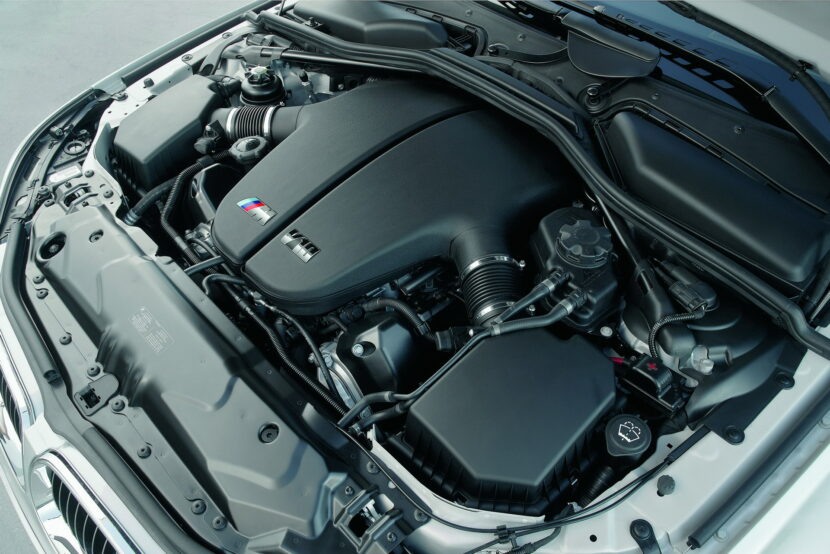√VIDEO: How Much Power Does an E60 BMW M5 V10 Make After 153,000 Miles?
BMW enthusiasts have a love/hate relationship with the E60 M5. They love it because of its brilliant engine but they also hate it because of said engine’s lack of reliability and high cost of maintenance. Among its main problems are its rod bearings and throttle bodies. High mileage cars are especially scary. However, Sreten from M539 Restorations isn’t afraid to get his hands dirty with risky engines and has been restoring an E60 M5 for some time now. His engine has 153,000 miles on it, which is a lot for an E60 M5, but how has that affected it?
To find out just how kind the years and many miles have been to the E60 M5’s S85 V10 engine, he needed to do some work to it. One such job was replacing the starter motor and this is why you watch videos like this. To access the starter motor on an E60 M5’s V10, you need to remove the intake manifold and idle control actuators, which are located in the “V” bank of the engine. That’s quite a bit of work but it isn’t too bad. However, to actually replace it, you need to get to its three bolts, which requires dropping the exhaust, prop-shaft, transmission crossmember, and then drop the transmission a bit, so you can access the bolts from the top of the engine. It’s an absurd amount of work to replace a starter.
However, Sreten’s advice is invaluable because he shows you a cheat that can save you thousands in repair costs, or countless hours, if you’re handy enough. Once you access the starter from the top of the engine, you can actually pull the guts out of the starter and replace them with those from a new starter in minutes. Then, you have a brand-new starter, just inside of an old housing.
This video isn’t about the starter, though. It’s about the engine as a whole and how well it’s held up over time. So Sreten took it to a dyno (or a lie detector, as he likes to call it) to find out. The only bit of internals that were replaced on Sreten’s S85 engine were the rod bearings, so it’s a mostly stock engine. And even still, it makes 507 horsepower, which is seven more ponies than BMW claims from the factory. So even after 153,000 miles, it’s still as healthy as ever, proving that it’s a tougher engine that many people give it credit for.
Source: https://ift.tt/cdnYCD0

Post a Comment for "√VIDEO: How Much Power Does an E60 BMW M5 V10 Make After 153,000 Miles?"
Post a Comment